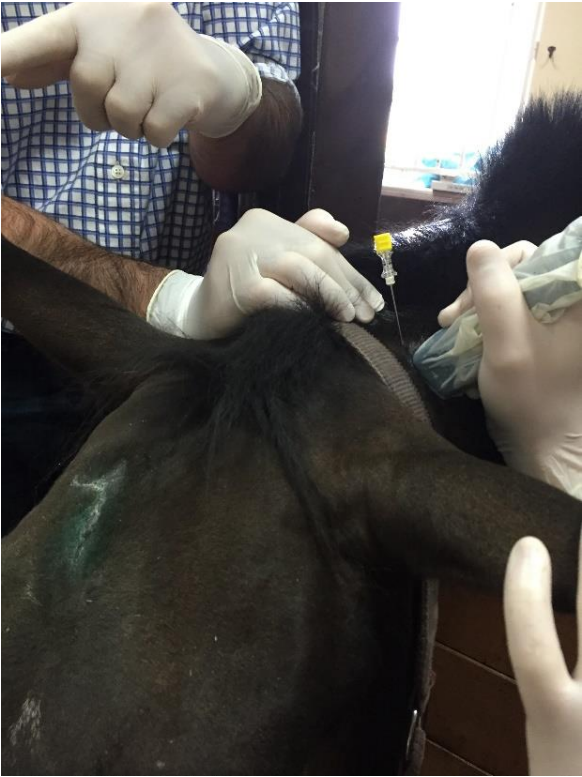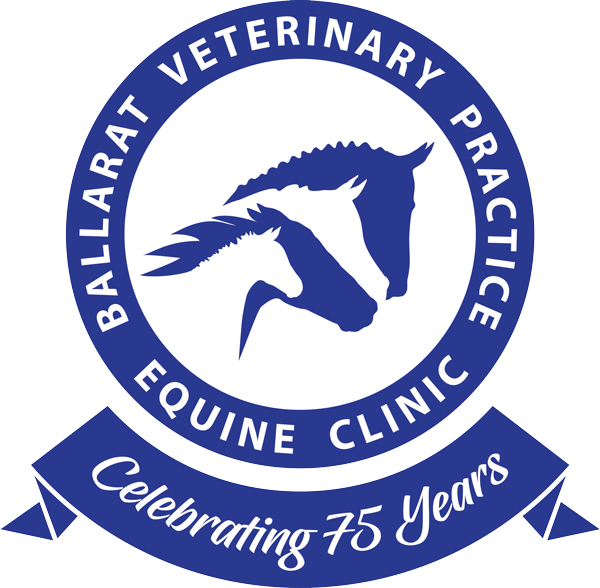Treatment of Roarers using the Nerve Graft Procedure
Nerve grafting into the paralysed muscle of the horse’s larynx has been utilised since 1990 following the research from Dr Ian Fulton and colleagues at Michigan State University where it was demonstrated that this technique had potential for treating both racing and pleasure horses.
The original technique involved using a nerve muscle pedicle graft however, recent research and collaboration with veterinarians and human surgeons in France has improved the surgery whereas now a nerve implantation is undertaken. This new process has resulted in faster reinnervation and also in many horses an improved strength of muscle function.

Also, recently a technique for assessing success of the nerve graft procedure has also been published where a small electrode is
used to stimulate the nerve while the larynx is viewed by the endoscope. Larynx Stimulation Video
This technique now has the ability to prove when the reinnervation has taken place so that training can resume in many horses earlier than they had in the past.
The nerve graft procedure is suitable for all horses that are suffering from the condition known as “roaring” however, it is primarily utilised in younger race horses and those horses that are not completely paralysed and still have some muscle volume left on the left
side of the larynx.
The advantage if the nerve graft over the traditional tie back surgery is the lack of complications following surgery.
If you would like further information regarding the nerve graft procedure, please contact the clinic on (03) 5334 6756.
